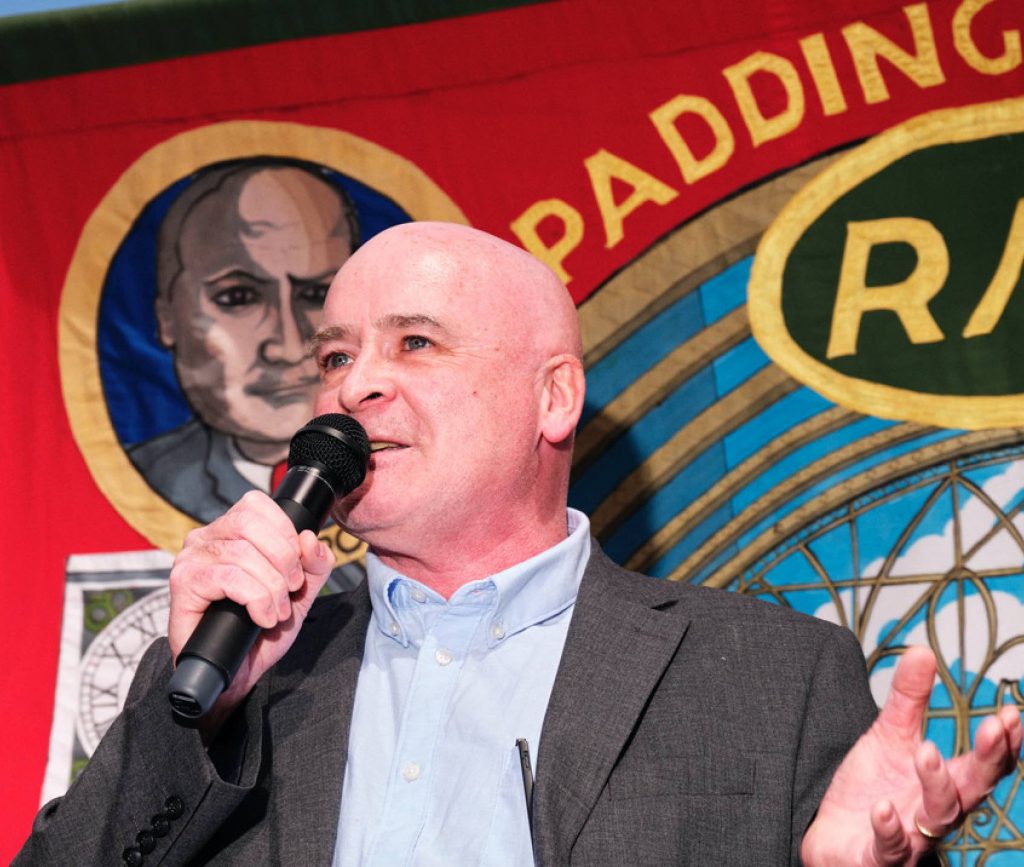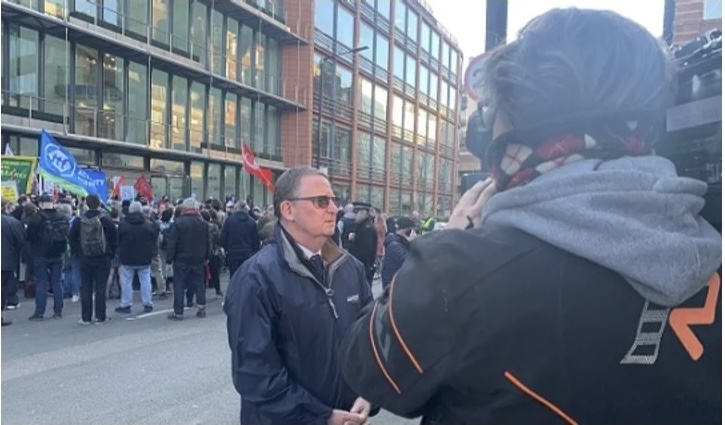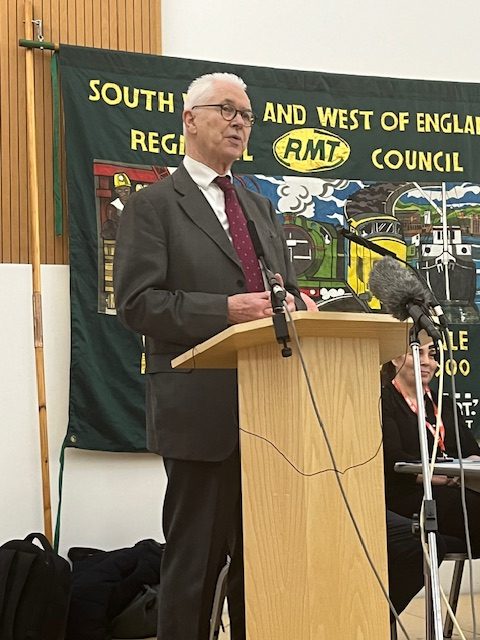
By Peter Lazenby, Morning Star, March 22nd
Britain’s reputation for fair treatment of workers was left “in tatters” yesterday after the United Nations accused the government of breaking international conventions with its anti-strike laws.
The Geneva-based International Labour Organisation (ILO) is the UN’s workers’ rights arm, monitoring labour legislation imposed by governments.
It has expressed “serious concerns” over the Tories’ Minimum Service Levels legislation, which forces striking workers to cross their own picket lines or face the sack with no recourse to labour protection laws.
Unions that fail to enforce strike-breaking instructions set by government ministers can face sequestration of their funds by courts.
The UN-ILO’s condemnation came after the Trade Union Congress reported the government over the legislation.
TUC general secretary Paul Nowak said: “The UK’s global reputation as a country that respects workers’ rights is in tatters.
“This hugely embarrassing verdict on the Conservative government’s flagship anti-strike legislation comes just months after the UN workers’ rights watchdog reprimanded the UK over its anti-union drive.”
He accused the government of “spinning mistruths” in saying the ILO supported the legislation.
“The ILO joins a range of respected organisations who have been queuing up to criticise this legislation – from rights groups to lawyers to politicians,” Mr Nowak said.
“These new laws are undemocratic, unworkable and are likely illegal. And they will do nothing to resolve industrial disputes.
“We will fight these draconian laws all the way. And we won’t rest until these laws are off the statute book.”
Attempts by rail operators to negotiate minimum service levels for striking train drivers were defied by their union Aslef, which increased the drivers’ level of strike action.
Bosses at operators LNER and Northern caved in despite government pressure to force the issue.
NHS Providers, representing NHS trusts, said the legislation could worsen industrial relations, harm patient care and lead to more disruption.
Mayors and council leaders – including Andy Burnham in Manchester, Sadiq Khan in London, Steve Rotherham in Merseyside and Tracy Brabin in West Yorkshire – alongside the Scottish and Welsh governments have warned the new laws could lead to longer and more frequent strikes and will do everything in their power not to use them.




